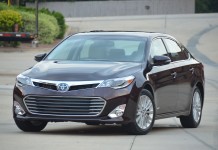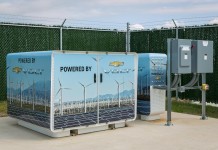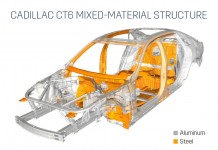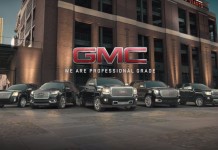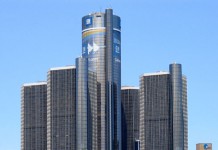General Motors said it would end its celebrated and scorned Hummer brand of sport utility vehicles after a deal to sell the nameplate to China-based Tengzhong could not be finalized.
“We are disappointed that the deal with Tengzhong could not be completed,” said John Smith, GM vice president of corporate planning and alliances, without elaborating.
“GM will now work closely with Hummer employees, dealers and suppliers to wind down the business in an orderly and responsible manner.”
GM said it would continue to honor Hummer warranties, and provide service support and spare parts to current owners around the world of the military-style sport utility.
The plan to sell Hummer to the Chinese maker of heavy equipment, Sichuan Tengzhong Heavy Industrial Machines Co., was first announced in June as the Detroit auto giant underwent a massive bankruptcy restructuring with support from the US and Canadian governments.
Although GM did not comment on the reasons for scrapping the deal, Tengzhong said Thursday it withdrew the offer because it was “unable to obtain clearance of the transaction from the Chinese regulators within the proposed deal timeframe.”
Tengzhong said in a statement that it was “disappointed” that it was unable to pursue the “tremendous opportunity” to help transform the gas guzzlers into greener vehicles.
“Following talks with GM, both sides have decided to discontinue discussions on the transaction and terminate their definitive agreement,” the company said.
GM and Tengzhong said in October a deal had been “finalized” in which the Chinese company would acquire an 80 percent stake and Suolang Duoji, a private entrepreneur with holdings that include the Hong Kong-listed industrial chemical producer Lumena, would hold the remaining stake.
Last month, Tengzhong said it had agreed with GM to extend an original deadline of January 31 to the end of February, as the company sought the go-ahead from Chinese regulators.
China’s commerce ministry said Wednesday that since October, when the two firms said the deal had been “finalized,” it had never received an application from Tengzhong to buy Hummer.
A GM spokesman said fewer than 3,000 jobs would be affecting by shutting down Hummer.
“We have about 3,000 employees directly employed in the design, production and sale of Hummer,” spokesman Tom Wilkinson said. “That would not include suppliers. Some of these employees work on other brands as well, so the actual impact on jobs will be significantly less than that.”
For some Hummer was a symbol of GM’s glory days, but others saw it as an example of wasteful opulence. The gasoline-guzzling vehicles were adapted from the military Humvee and launched commercially in 1992.
GM acquired full ownership of Hummer in 1999 and expanded production of the original Hummer or H1 and H2. In 2005 GM introduced the H3, which was a mid-sized version but still more fuel-thirsty than most vehicles on the road.
Celebrity owners have included California Governor Arnold Schwarzenegger, star of the “Terminator” movies.
But as fuel prices rose and economic conditions worsened, buyers abandoned the Hummer. In 2009, GM sold just 9,000 Hummers, a 67 percent drop from a year earlier.
GM has had difficulty reorganizing its global operations. A deal struck last year to sell its Opel brand, the jewel of its European operations, was scrapped and GM decided to keep its European division.
After plans to sell the Swedish nameplate Saab fell apart, GM said it would end that brand. But a last-minute deal was struck to sell the operations to Dutch-based Stryker in a deal completed this week.
In the United States, GM decided to end its Pontiac and Saturn brands, focusing on four remaining core brands — Chevrolet, Buick, Cadillac and GMC.

